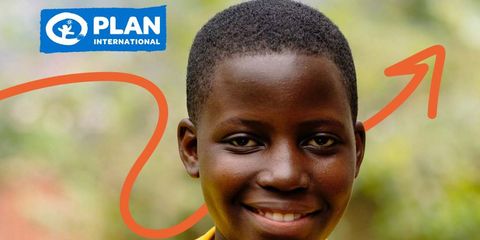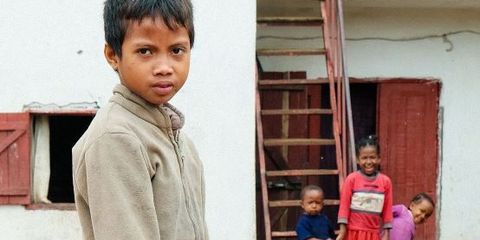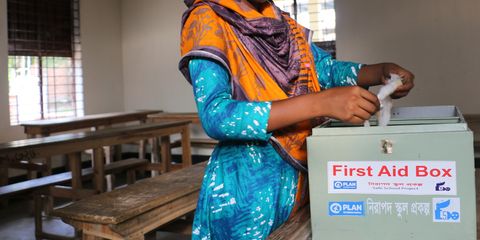Pacific Girls in a Changing Climate
The climate crisis is having a profound impact on adolescent girls’ safety, education and health in the Pacific.
This research documents the lived experiences of climate change for girls and young women aged 10 to 18 in the Pacific and their recommendations for action to protect and promote their human rights.
Pacific Girls in a Changing Climate examines how climate change is completely and irrevocably reshaping girls’ lives as they enter adulthood.
The report documents the experiences of more than 350 girls and young women from Tuvalu, Kiribati, Solomon Islands, Tonga, Fiji and the Federated States of Micronesia. Nations on the frontlines of the climate crisis, that have contributed least to it.
Key findings
- Half of the girls surveyed (50%) said that climate disasters – both sudden and protracted, from floods, cyclones and storms to sea level rises and coastal erosion – had stopped them attending school, with schools destroyed, closed, or access roads to schools blocked.
- More than a quarter (27%) reported having less food because of the climate crisis, and almost a fifth (19%) said they were food insecure.
- Close to half (47%) of girls surveyed said they lacked clean water due to climate events, and one third said that climate events had damaged or destroyed their homes.
- The climate crisis is having an overwhelmingly negative impact on physical and mental health and wellbeing of teenage girls in the Pacific: just 2 of the 319 girls surveyed said climate change had not impacted their health or wellbeing.
- Girls reported skin and stomach problems due to a lack of access to clean water for cooking and bathing, poor sanitation, overcrowding, dietary deficiencies, dusty air, and pollution.
- Girls also reported diarrhea and disease due to contaminated water, and their struggle to manage their hygiene and menstruation due to climate change impacts on freshwater supply.
- Mental disorders are now the leading health risk for girls aged 5-14 in every Pacific island.
- Girls reported gender-based physical and sexual violence during or after disasters.
Despite the challenges, the research also underscores an important and overlooked fact: girls in the Pacific are not passive actors in a changing climate, they are eager leaders and determined activists influencing governments to take climate action.
- More than a third (34%) of those surveyed are frequently participating in climate justice activism.
- Almost three quarters (72%) want to be connected to larger climate groups.
- More than half (57%) want to be involved in climate policy and action.
Recommendations
We are supporting 2 youth advocates to present the Pacific Girls in a Changing Climate report on the global stage at the 2024 United Nations Climate Change Conference (COP) and are calling for Governments to meaningfully support Pasifika girls on the frontlines of the climate crisis by strengthening climate change education for girls and prioritising girl-responsive emergency response and disaster risk resilience.
Plan International is demanding that wealthy countries agree on a new goal for collective climate finance – including how much, and who pays. To be effective, the new finance goal must prioritise gender and intergenerational justice, placing girls at the heart of climate governance. Empowering these young leaders offers a path to innovative and sustainable solutions.
Download the report
Pacific-Girls-Changing-Climate-Summary-Report
3.68 mb


